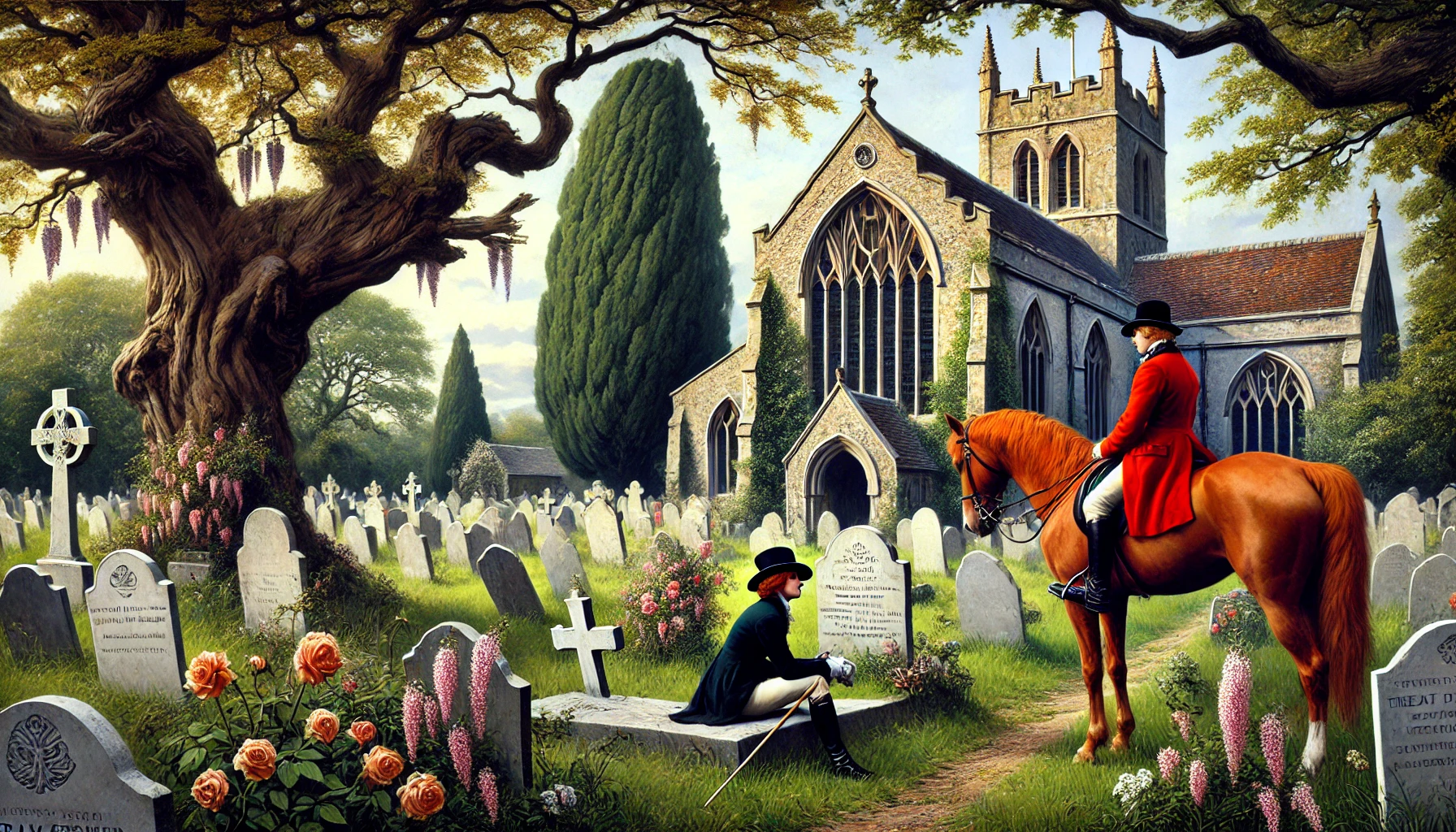“The Beautiful and the Damned” by F. Scott Fitzgerald is a poignant exploration of the Jazz Age, delving into the lives of Anthony Patch and his wife, Gloria. Set against the backdrop of New York City in the early 20th century, the novel paints a vivid picture of excess, moral decay, and the pursuit of happiness in an era marked by its hedonism and societal shifts. It captures the essence of a generation grappling with newfound freedoms and the consequences that accompany them.
Plot Summary
In 1913, Anthony Patch, a handsome and wealthy young man, lives in New York City, awaiting his inheritance from his millionaire grandfather, Adam J. Patch. Though educated at Harvard and possessing a sharp intellect, Anthony drifts aimlessly through life, envisioning grand accomplishments but lacking the drive to realize them. He lounges in his luxurious apartment, dabbling in historical research and entertaining the idea of writing a book, but mostly, he is absorbed in a lifestyle of leisure and socializing with his close friends, Maury Noble and Richard Caramel.
Anthony meets Gloria Gilbert, a dazzling and vivacious young woman who quickly captivates him. Gloria embodies the spirit of the Jazz Age with her beauty, charm, and zest for life. She is the kind of woman who can make men fall in love with her with a single glance. Gloria is carefree and indulgent, living for the excitement of the moment. She and Anthony are irresistibly drawn to each other, and their whirlwind romance becomes the talk of their social circle. Their passionate love affair culminates in marriage, a union built on mutual infatuation and dreams of a glamorous future. They envision a life filled with luxury, travel, and endless parties, believing their love to be the foundation upon which they can build a perfect world.
However, their married life soon reveals the hollowness at its core. Anthony, who once aspired to intellectual greatness, falls into a pattern of indolence, preferring to spend his days in idle indulgence. Gloria, who thrives on admiration and attention, becomes increasingly preoccupied with maintaining her social status and beauty. The couple begins to spend money recklessly, living in the moment and ignoring the looming financial ruin. They host lavish parties and immerse themselves in the social scene, becoming fixtures of the New York elite. But the hedonistic lifestyle they adopt takes its toll, and the cracks in their relationship start to show.
As their funds dwindle, they anxiously await the inheritance from Anthony’s grandfather, believing it will solve all their problems. However, Adam J. Patch disapproves of Anthony’s lifestyle and hints at the possibility of disinheritance, casting a shadow over their future. This threat forces Anthony to confront his lack of purpose and his dependence on his grandfather’s wealth. In a bid to prove himself and secure his legacy, Anthony decides to enlist in the army during World War I. He hopes that his service will earn him respect in his grandfather’s eyes and solidify his claim to the inheritance. However, his time in the military is marked by disillusionment and a deepening sense of aimlessness. The war, rather than providing him with a sense of purpose, leaves him more detached and cynical than ever.
Meanwhile, Gloria’s once vibrant beauty begins to fade. She becomes increasingly bitter and resentful, watching as the world she once dominated slips away. Her charm, which relied heavily on her youth and allure, loses its power, and she becomes obsessed with the passing of time. The couple’s relationship deteriorates further as they blame each other for their misfortunes. Their love, once passionate and all-consuming, turns into a toxic blend of resentment and mutual recrimination. They quarrel frequently, their arguments escalating into bitter confrontations that leave both of them emotionally drained.
After the war, they return to New York to find that Adam J. Patch has died. Expecting to finally come into their inheritance, they are instead faced with a lawsuit that contests the will. The legal battle drags on, and their financial situation grows increasingly dire. Anthony, who once found solace in the promise of future wealth, becomes consumed by despair. His drinking, which began as a casual indulgence, turns into a full-blown addiction. He spends his days in a drunken stupor, unable to cope with the reality of their situation. Gloria, too, suffers from the strain. She becomes a shadow of her former self, her beauty marred by the bitterness that has taken root within her. The glamorous life they once led is now a distant memory, replaced by a grim existence marked by poverty and disillusionment.
In their desperation, they cling to the hope of winning the lawsuit and gaining the fortune they believe is rightfully theirs. The legal wrangling becomes an obsession for Anthony, who sees it as his last chance to reclaim the life he has lost. Gloria, on the other hand, becomes increasingly detached, retreating into a world of fantasy to escape the bleakness of their reality. After a long and grueling battle, they finally win the lawsuit. They inherit the wealth they had so desperately sought, but it comes too late. The victory is hollow, a cruel irony that underscores the futility of their pursuit. Their marriage is in ruins, and the wealth that was supposed to bring them happiness has instead highlighted the emptiness of their lives.
Anthony, broken in both body and spirit, realizes that the fortune he once believed would solve all his problems has instead become a symbol of his failure. He is a shell of the man he once was, consumed by bitterness and regret. Gloria, too, is a tragic figure, a woman who once had the world at her feet but has been destroyed by her own vanity and the relentless passage of time. In the end, they are left with nothing but the remnants of their dreams and the realization that they have wasted their lives in the pursuit of empty pleasures.
The story concludes on a somber note, with Anthony and Gloria’s fate serving as a poignant reflection on the moral and spiritual decay of their era. They are the beautiful and the damned, trapped in a world of their own making, unable to escape the consequences of their choices. Their tale is a cautionary one, a reminder of the dangers of living for the moment and the inevitable downfall that comes from a life devoid of purpose and substance.
Main Characters
- Anthony Patch: A Harvard-educated young man who is charming and intelligent but lacks direction. He is caught between his dreams of achieving something significant and his dependence on his grandfather’s wealth.
- Gloria Gilbert Patch: Anthony’s beautiful and vivacious wife, who epitomizes the Jazz Age’s flapper culture. She is self-centered and obsessed with her beauty and social status, which leads to her eventual decline.
- Adam J. Patch: Anthony’s grandfather, a self-made millionaire and reformer who disapproves of Anthony’s lifestyle. His disapproval and eventual death become the catalyst for much of the couple’s financial and emotional turmoil.
Theme
- The Corruption of Wealth: The novel explores how the pursuit and reliance on wealth corrupt individuals’ morals and relationships. Anthony and Gloria’s downfall is intricately tied to their obsession with money and luxury.
- The Futility of the American Dream: Through Anthony and Gloria’s journey, Fitzgerald critiques the American Dream, showcasing how the pursuit of happiness through materialism and social status leads to emptiness and despair.
- The Passage of Time and Beauty: Gloria’s decline from a celebrated beauty to a disillusioned woman highlights the transient nature of beauty and youth. The novel reflects on how time erodes physical appearance and the fleeting nature of the Jazz Age’s glamour.
Writing Style and Tone
Fitzgerald’s writing in “The Beautiful and the Damned” is rich, lyrical, and imbued with a sense of nostalgia. He captures the extravagance and moral ambiguity of the Jazz Age with vivid imagery and detailed characterizations.
The narrative is marked by a tone of melancholy and irony, reflecting the underlying despair and moral decay of the characters. His prose is both poetic and incisive, revealing the inner turmoil of Anthony and Gloria with a delicate blend of empathy and criticism. The style is emblematic of the era, filled with lavish descriptions and a sense of impending doom that mirrors the characters’ inevitable downfall.
We hope this summary has sparked your interest and would appreciate you following Celsius 233 on social media:
There’s a treasure trove of other fascinating book summaries waiting for you. Check out our collection of stories that inspire, thrill, and provoke thought, just like this one by checking out the Book Shelf or the Library
Remember, while our summaries capture the essence, they can never replace the full experience of reading the book. If this summary intrigued you, consider diving into the complete story – buy the book and immerse yourself in the author’s original work.
If you want to request a book summary, click here.
When Saurabh is not working/watching football/reading books/traveling, you can reach him via Twitter/X, LinkedIn, or Threads
Restart reading!








